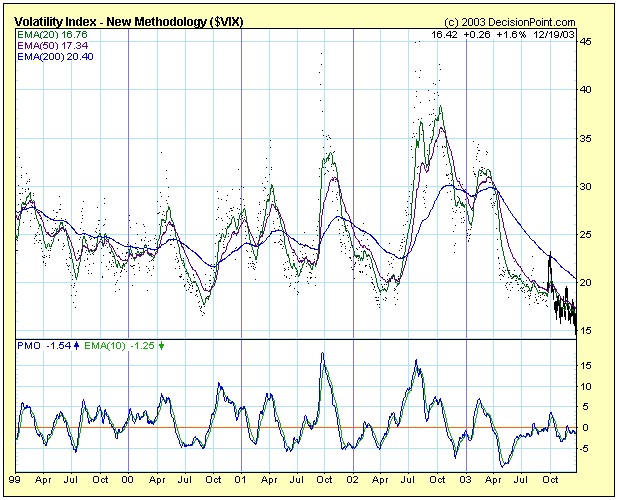Holiday Reading List
You’ll notice on the right an updated list of books I’m reading (or trying to read as the case may be). I’ve also run across some interesting articles on the Web that I haven’t quite fit into my strategic picture yet. But they all, in some way, bear on the work we’re doing…figuring out the world and what’s going on in it. Being back in France, a natural topic for me is Anti-Americanism in France and its roots. Haven’t read the Revel book yet, but looking forward to it. And it just so happens that in catching up with my reading, I ran across a blogger who was in France while I was away. Roger Simon had this to say: “France is in bad shape. Strange as this sounds, it reminded me in a way of some of my visits to the Soviet Union in the late eighties. The range of opinion in the press is about as extensive as the difference used to be between Pravda and Izvestia. Of course, that’s an exaggeration, but I had the sense more than ever of a society ruled by a nomenklatura (who more Politburo-like than Chirac and de Villepin) with, in this case, a populace of semi-employed drudges whiling away hours smoking, drinking watery espresso and debating Derrida in grimy cafes.” I’ve only been here about 14 months, and that’s not the impression I have. But then again, my impression is fairly superficial. There are other bloggers (with a much better command of the language) that agree with Simon. If you’re interested, you can check Merde in France and The Dissident Frogman. It would be hard to “unpack” this entire issue of alleged French decline in a few short sentences. But it’s Monday and the coffee is fresh, so why don’t we try? For context, I’ll refer you to a great article a Tech Central Station by Frederick Turner called Tiananmen in London. The article is nominally about the sources of Bush-hatred. But it might also help explain what’s going on here in France. Turner makes a great distinction between two different concepts of a legal order, one based on a concept of what is right (what is ethical, honoring contract) and what is good (moral prohibitions, commandments). Roman law and English common law are largely the history of law of what is right. The U.S. and England--although having strong religious elements in their political order--are mainly based on the law of what is right…of the law applying equally to everyone and guaranteeing an equality of opportunity rather than an equality of results. France, on the other hand, has drifted into (and since the Revolution has always been more about) a law of the good…where the State takes it upon itself to establish not just liberty, equality, and freedom…but a material manifestation of that…an equality of result. Of course in this conception, freedom is diminished. For example, Chirac’s decision to ban the Muslim headscarf (hijab) in schools, along with “prominent” crucifixes and Jewish skullcaps surely doesn’t advance the cause of religious liberty. It merely affirms the coercive power of the State. Equality becomes a whitewashing of individual difference, compelled by the State. But the French have been steadily headed toward a purely secular State for years. In such a State, political authority is purely democratic--in other words, whoever marshals the most votes is in position to direct the moral goals of the State. The more you drive out non-secular sources of authority, the more power you cede to the State to decide what is right and wrong. If you’re deciding what’s moral in a political context, you’re going to get what Europe got in the 20th century…namely Communism, Nazism, and Fascism. Today, you have a creeping socialism that’s a hodgepodge of political correctness, bogus environmentalism, and anti-capitalism. And what makes it dangerous is that instead of focusing on big ideas, it often focuses on smaller, ones...the "Bike Path Liberalism" Mark Steyn talks about. If you have the time, it's worth a read.

